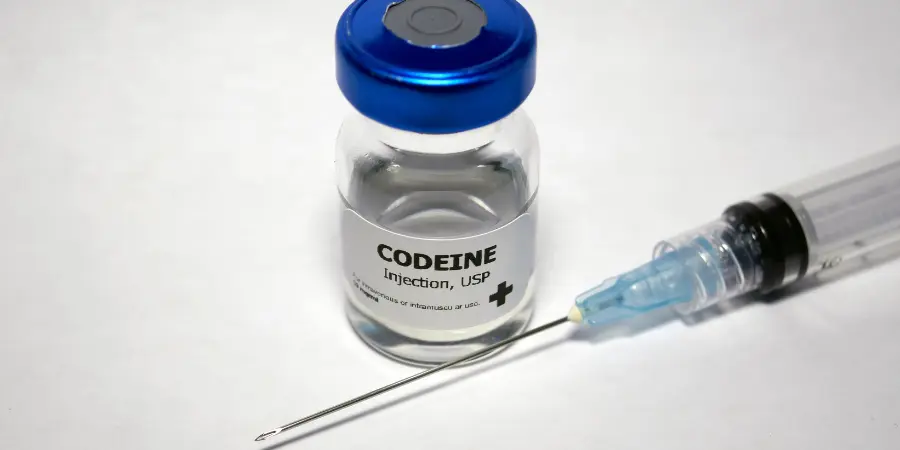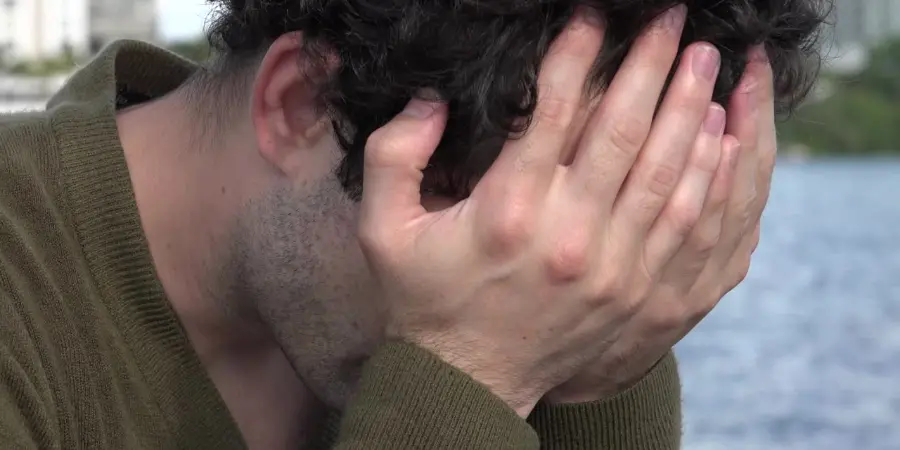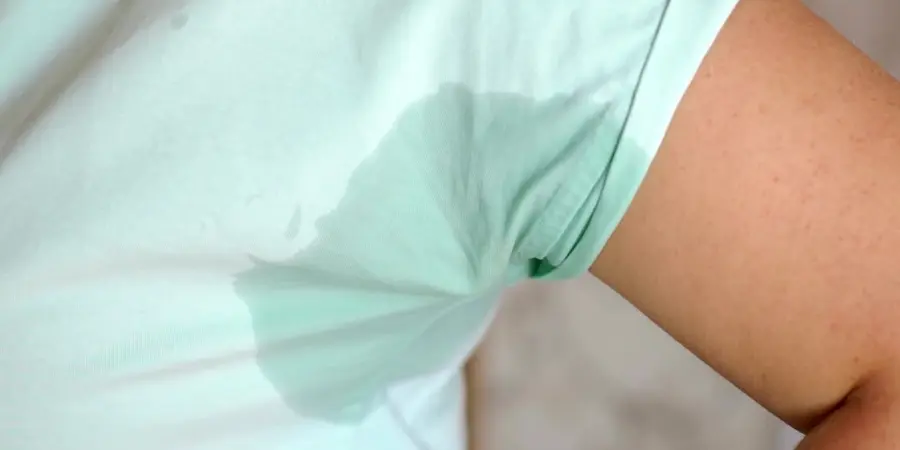As with any other substance addiction treatment, you will go through three separate stages of codeine rehab. The first will be an assisted detox, and it is here that your body will rid itself of any drugs in its system. You may experience unpleasant withdrawal symptoms at this stage, but our team will be on hand to make you comfortable and ensure your safety throughout.
After battling the physical symptoms of withdrawal, the second stage of codeine rehab will approach the psychological aspects of your codeine addiction. Through a combination of cognitive and behavioural therapies, you will begin to understand the reasons for your drug abuse and learn coping mechanisms to prevent these old behaviours from returning. You will take part in both group and one-to-one therapy sessions, as well as other holistic activities such as nutrition and exercise, yoga, meditation, massage, art therapy, and acupuncture.
At Primrose Lodge, we are pleased to offer the highest quality of care from a team of staff all with first-hand experience in addiction. You will be able to immerse yourself in a relaxing and therapeutic environment surrounded by a support network of understanding individuals.
One of our previous clients, Debby, describes her experiences in rehab:
“Ricky the therapist was really jolly and also matter-of-fact. He was in recovery himself so he understood from that side too.”
Having a non-judgemental space to heal in, and others who can relate to your experiences with codeine really does make all the difference to your recovery. Building a network of support around you can be crucial to staying off of codeine in the long run.
The final stage of your recovery takes place after you have left codeine rehab – this is where the hard work truly begins. You will potentially be exposed to triggers that may have led you to use codeine in the past, and now you will have to put the lessons learned in rehab to practice. It is recommended that you attend aftercare programmes and local support group meetings to keep you on track and prevent relapse.







